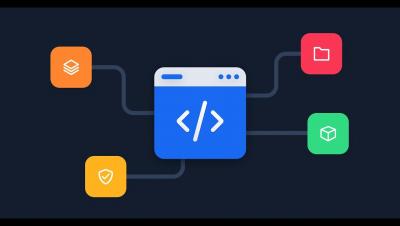Teams | Collaboration | Customer Service | Project Management
%term
Rocket.Chat Apps Development Webinar
How to keep that personal touch as your company grows
In a company’s early days, a nascent support team’s ability to practice empathy and provide personalized customer service plays a crucial role in building a foundation for future growth. But what happens when success comes knocking? Whether it’s a ballooning customer base or pulling the trigger on that long-planned-for push toward global operations, many businesses grapple with a perplexing problem: how can a customer service team maintain that personal touch as it scales?
How is Customer Service Different or the Same for Traditional Retail and Online Retail
Online and offline retailers are at war. For years, offline retailers have been struggling to stem the tide of shoppers leaving their stores, abandoning them for the convenience of online shopping. But this year, finally, their efforts have seen some positive press. It’s not a matter of if, but when. So here’s the question for both retailers: How does online and offline customer service compare, and does it really make a difference?
Explore, build, sell- Introducing Marketplace for Zoho Projects
If there’s one thing the folks at Zoho Projects have learned all these years, it’s how incredibly diverse you and your companies are. You’ve shown us how creative you can be in the way you use our features and the way you adapt Zoho Projects to fit your teams. We’ve kept this diversity in mind as our product has grown and evolved.
Zulip 2.0.1 bug fix release
We released Zulip Server 2.0.1 today. This is a bug fix release, containing a dozen cherry-picked changes since Zulip 2.0.0.
The path to a better customer service workflow
Business growth is a sign of success. But for customer service teams, it’s a good thing that comes with complications. As the department brings on more agents and gets a higher number of inquiries, continuing to use the old processes that once worked often falls short. And if a customer service team used to success suddenly finds itself falling behind on goals because of the change, it’s bad for customers and agents alike.
How to Retain the Human Element in a Digital Customer Experience
Everyone is online these days. It’s a given that this is how we now live and interact. We would find it extremely difficult to guide our lives without the internet. But with this trend of interacting on a digital plane, it’s sometimes easy to lose track of the human side of our interactions. It’s only too easy to treat online experiences as mere “exchanges” instead of unique stepping stones for developing and understanding relationships.
Zulip 2.0: Open source team chat
We're excited to announce the release of Zulip Server 2.0, containing hundreds of new features and bug fixes.
New in Basecamp: Get Notified When Someone Adds a To-do
Basecamp 3’s to-do lists keep you in the loop when you’re working closely with other members of your team. You get notified when someone assigns you a to-do and that person gets notified when you check it off. This works great when it’s clear who needs to be assigned, but that’s not always the case. Sometimes you don’t know who should do the work, other times a to-do isn’t for anyone in particular and just needs to be logged.










